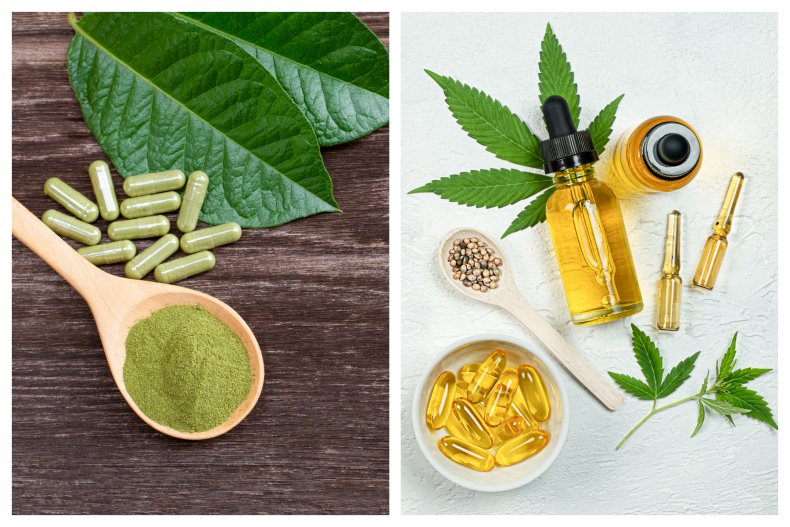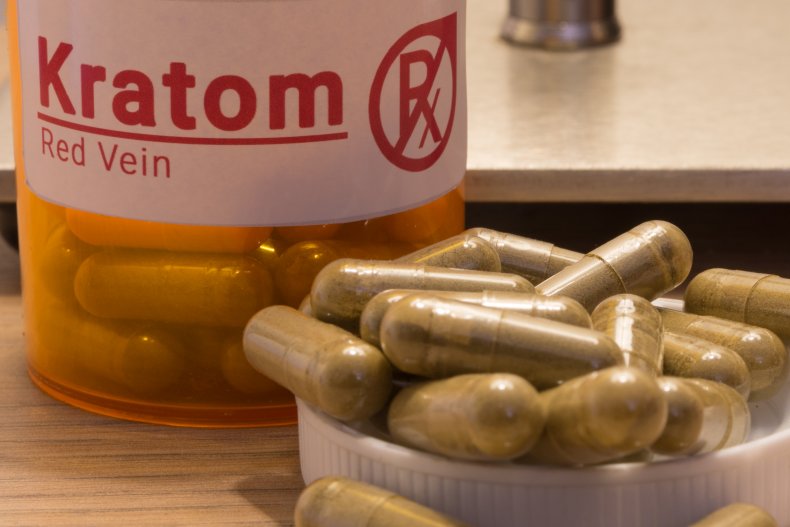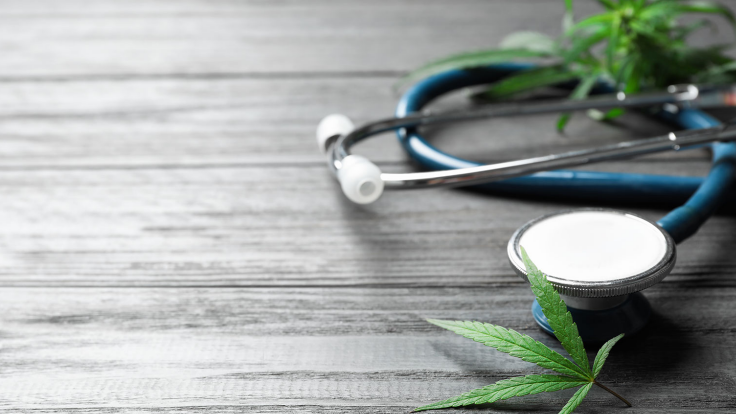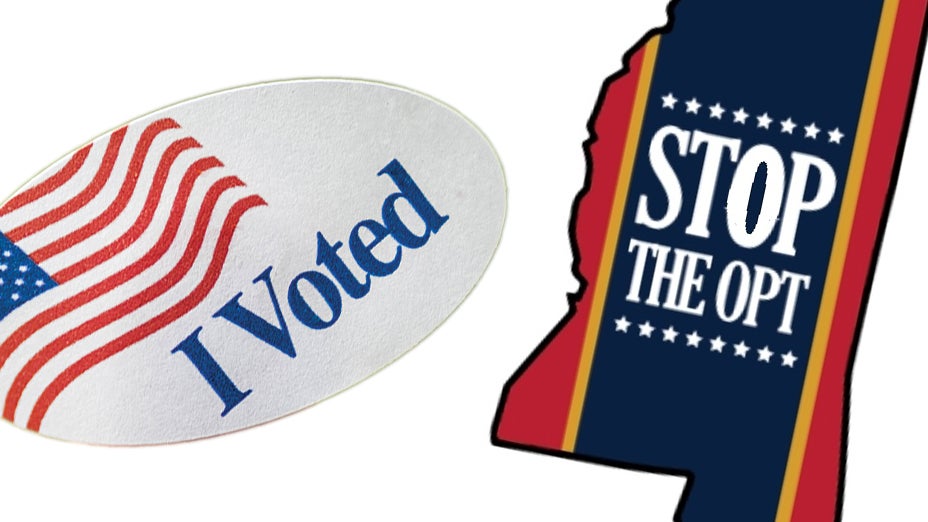The head of the Natural Products Association (NPA) slammed FDA for not substantively responding to a citizen petition that seeks to create a pathway to market for hemp-derived CBD in dietary supplements. And in an email Tuesday, NPA CEO and President Dan Fabricant said his organization “will keep all our options open that support and pursue actions that clear a path forward for a regulatory mechanism that effectively oversees the sale of hemp-derived extracts such as cannabidiol in foods and dietary supplements.”
The director of FDA’s Office of Dietary Supplement Programs (ODSP), Cara Welch, advised Fabricant in an Aug. 19 letter that FDA has not reached a decision on NPA’s petition within 180 days due to “the complex nature of your requests.”
NPA’s petition requested FDA either determine CBD is not excluded from the definition of a dietary supplement or apply “enforcement discretion in a specific and selective manner over CBD products following a safety review of a notification on an individual dietary supplement product submitted consistent” with FDA regulations, according to Welch’s letter. The petition alternatively requested FDA recommend the issuance of a regulation legalizing CBD, she noted.
Beginning in 2019 with a petition submitted by the Consumer Healthcare Products Association (CHPA), three industry trade organizations have filed citizen petitions with FDA to create a legal pathway for marketing CBD in dietary supplements. FDA has yet to respond substantively to any of them, citing the complexity of issues raised in the petitions.
FDA for years has proclaimed CBD cannot be marketed as a dietary supplement under the Federal Food, Drug & Cosmetic Act (FDCA) since it was first studied as a drug. However, CBD-containing “supplements” have been widely marketed in the U.S. following passage of the 2018 Farm Bill, which removed hemp as a Schedule I controlled substance.
In the most recent petition submitted in February, NPA requested FDA essentially set aside its conclusion that CBD is excluded from the definition of a dietary supplement and review the merits of cbdMD’s safety information as part of a new dietary ingredient notification (NDIN) to FDA. cbdMD, which reported second-quarter revenue of $8.59 million, has a representative on NPA’s board of directors.
Representatives of cbdMD and NPA met on Jan. 28 with FDA during a pre-NDI meeting.
Unless FDA agrees to substantively review cbdMD’s safety data, NPA’s petition argued, an NDIN to FDA would expose the company “to the risk of disclosure of the data along with potential misrepresentations of the data without any benefit to cbdMD.”
In her brief letter to Fabricant, Welch wrote FDA is “actively” reviewing NPA’s petition and intends “to respond when our review is complete.”
“FDA is not doing its job, plain and simple,” Fabricant, who oversaw FDA’s Division of Dietary Supplement Programs from 2011 until 2014, said in an email to Natural Products Insider. FDA officials have “stated for years that they want more scientific data and specific scientific data. In fact, FDA has repeatedly requested that industry provide specific data and scientific analysis and input. However, when they are provided the opportunity from a reputable company committed to doing good scientific research, they deliberately refuse to review it and instead throw the drug exclusion criteria as a blockade.”
![Dan Fabricant Dan Fabricant]()
Dan Fabricant, president and CEO of the Natural Products Association (NPA)
NPA requested, in part, that FDA exercise so-called enforcement discretion over CBD following a safety review of individual products. FDA has adopted an enforcement discretion policy in connection with another ingredient the agency has concluded is excluded from the definition of a dietary supplement since it was first approved as a drug: NAC (N-acetyl-L-cysteine). In recently published final guidance, FDA explained its “enforcement discretion policy applies to products that would be lawfully marketed dietary supplements if NAC were not excluded from the definition of ‘dietary supplement’ and that are not otherwise in violation of the” FDCA.
NPA and FDA have been at odds before over regulatory issues, including in connection with NAC. In August 2021, NPA filed a citizen petition with FDA regarding the ingredient, then sued the agency in U.S. District Court in Maryland. That lawsuit remains pending.
“The lack of FDA regulations on CBD and other hemp-derived food and nutrition products has caused confusion and an increase in misinformation across the country,” Fabricant said. “The agency is fully aware of the harm it has caused by doing nothing, but unfortunately chooses to deliberately sidestep and ignore it as seen in its purported ‘response’ to NPA’s petition.”
Reactions from CRN, CHPA
NPA’s request is not the only CBD citizen petition pending at FDA. The agency still has not provided substantive responses to petitions filed by CHPA in 2019 and the Council for Responsible Nutrition (CRN) in 2020.
FDA has raised concerns that CBD can potentially harm consumers. For example, the agency has stated CBD can cause liver injury, potentially cause side effects for consumers taking other drugs and has been the subject of animal studies showing male reproductive toxicity, or damage to fertility.
Asked to comment on the pending CBD petitions filed by CRN, CHPA and NPA, an FDA spokesperson said the agency “is reviewing these petitions and will respond directly to the petitioners.”
“While CRN is disappointed in FDA’s recent CBD citizen petition response stating it needs more time to evaluate the questions about CBD safety, enforcement discretion and rulemaking, we are not surprised,” Megan Olsen, senior vice president and general counsel with CRN, said in an email responding to FDA’s interim response to NPA’s petition. “This is the same response FDA has provided to the industry for nearly four years since the 2018 Farm Bill’s passage, including in response to a CRN citizen petition filed more than two years ago.”
“FDA simply continues its failure to not take action toward creating a legal pathway for CBD dietary supplements, leaving consumers vulnerable to unregulated products and companies subject to a patchwork of state regulations and an uncertain market for hemp-derived CBD,” she added. “CRN has highlighted this agency failure numerous times, including in a recent Washington Post op-ed.”
Duffy MacKay, senior vice president of dietary supplements with CHPA, suggested challenges facing FDA regarding CBD and other ingredients illustrate the need for reform to the Dietary Supplement Health and Education Act of 1994 (DSHEA).
“The fact that FDA is unable to navigate the ‘complex nature’ of laws pertaining to natural products also investigated as drugs is yet another reason why updates must be made to the 27-year-old law governing dietary supplements,” he said in an email. “The regulatory and market confusion with legitimate ingredients like CBD, hemp extracts, NAC, vinpocetine and others needs clarification because litigating one ingredient at a time under the current structure results in wasted industry and FDA resources. CHPA supports modernizing supplement regulations, including addressing the poorly written and often debated investigational new drug (IND) preclusion.”
‘Silver lining’?
Jonathan Miller, general counsel to the U.S. Hemp Roundtable, described FDA’s “continuing delay” on CBD regulation as “frustrating,” but he’s trying to find a “silver lining.” U.S. Hemp Roundtable has requested a meeting with FDA’s cannabis working group, and Miller found encouraging the agency’s response to the group’s request.
FDA officials advised U.S. Hemp Roundtable “they wanted to get back to us. They still have a lot of thinking to do and want to make sure when we meet … we can have a substantive discussion,” Miller said in an interview. “That’s a sign of encouragement because every time we’ve met in the past, they’ve just been in listening mode. I am hopeful that the delay of our meeting, as well as the delay to the response to the citizen petition, is reflecting the new [FDA] commissioner’s promise he made at that hearing a few months ago, where he said he wanted to have some movement on this issue.”
During a hearing on Capitol Hill in May, FDA Commissioner Dr. Robert Califf said he was committed to moving forward on a pathway for CBD. However, he suggested the agency doesn’t have the current authorities to do so today and will require collaboration with lawmakers on Capitol Hill.
Miller expressed hope that FDA’s scheduling of a meeting with U.S. Hemp Roundtable, which has yet to occur, will reflect “the beginning of a true real dialogue and discussion about how we’re going to get to regulation.”
Meantime, it remains to be seen whether FDA is inclined to create a path to market for CBD in supplements without an explicit directive from Congress.
Patrick McCarthy is CEO of Validcare, a contract research organization that spearheaded research to assess the effect of CBD on liver function, sleep and testosterone. Validcare representatives met with FDA’s cannabis working group in May and shared findings of the data.
In a news release issued in May, U.S. Hemp Roundtable concluded the data verified prior research that orally ingested CBD boasts “a strong safety profile.” The hemp group added the study suggested daily consumption across a range of typical retail products and serving sizes is not linked to daytime drowsiness, elevated liver tests or low testosterone levels.
FDA requested the data, and it was presented, according to McCarthy. “We asked if [FDA officials] needed any more [data] and they did not indicate that they do,” he said in an interview. Furthermore, McCarthy said, FDA did not provide “us a path by which to collect more data if they want it.”
His conclusion? FDA officials “still need to regulate, and from what I can see, they’re treating any cannabinoids as a drug,” McCarthy commented, “and they prefer clinical research to happen down the IND route.”
‘FDA needs to act now’
Some lawmakers remain concerned over the absence of U.S. CBD regulations. During a July 28 hearing examining the USDA Hemp Production Program and held by the House Agriculture Committee Subcommittee on Biotechnology, Horticulture and Research, Rep. Jim Baird (R-Ind.) said, “We’ve heard a lot of great recommendations for the 2023 Farm Bill here today, and one that I’d like to add is that the FDA hasn’t really had any kind of regulatory framework for hemp-derived CBD, so I would encourage us to include that in our discussions about the 2023 Farm Bill.”
“Thank you and I agree wholeheartedly with that assessment,” Rep. Stacey Plaskett (D-Virgin Islands), who chairs the Subcommittee on Biotechnology, Horticulture and Research, responded.
In testimony during the hearing, Kentucky’s agriculture commissioner Ryan Quarles suggested “a lack of direction from the FDA” is the biggest challenge facing the hemp industry.
“Without clear direction from the FDA regarding products containing hemp-derived CBD, large retailers will not carry CBD products, and many business leaders are reluctant to move forward with the development and manufacturing of these products,” Quarles testified. “The FDA needs to provide regulatory pathways for products containing CBD. The FDA needs to act now.”








 Jennifer Gallagher, an experienced cannabis grower at
Jennifer Gallagher, an experienced cannabis grower at